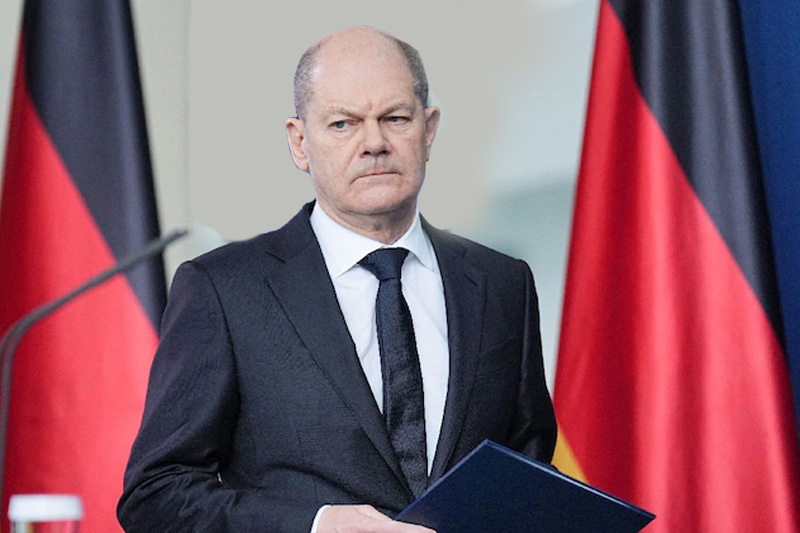
Germany’s ‘Historic’ Migration Policy To Restrict Social Benefits For Asylum Seekers
Migration has once again become a political challenge. After a marathon session of talks that continued into the early hours of Tuesday, German Chancellor Olaf Scholz and state leaders agreed stricter measures to deal with a large number of migrants.
Scholz said the decisions amounted to a “historic moment”, noting the measures would help speed up asylum procedures, provide more federal funding for local communities and restrict social benefits for migrants, a move that could equate to letting asylum seekers live in poverty.
“This will simply increase social tensions and make integration even more difficult,” Julian Pahlke, migration expert of The Greens, part of the coalition government, told Die Zeit. The measures have come against a backdrop of rising pressure to curb the number of arrivals.
Between January and September, asylum applications increased by about 73% compared with the same period in 2022, to more than 250,000. This is separate to the more than 1 million Ukrainians who have arrived since the beginning of Russia’s brutal invasion last year.
Italy’s Migration Deal Compared With UK’s Rwanda Plan
On Monday, Giorgia Meloni, the Prime Minister of Italy, unveiled a separate migration deal, which would involve the building of asylum reception centres in Albania for those arriving by sea, drawing flak from non-governmental organisations.
The International Rescue Committee called the deal a “further blow” for EU solidarity. Its senior director for Europe advocacy described it as “dehumanising” and said that “everyone has the fundamental right to apply for asylum – regardless of where they are from or how they arrive.”
Meloni’s agreement would initially result in reception centres hosting about 3,000 migrants but ultimately processing up to 36,000 annually. She has said the plan is necessary to reduce migrant arrivals by sea in Italy, which have increased substantially compared to the year before.
The Rome agreement has been compared with Britain’s controversial efforts to dispatch asylum seekers thousands of miles away to Rwanda. Ministers claimed the plan would curb dangerous Channel crossings. But the deal has been regularly hampered by legal obstacles.




